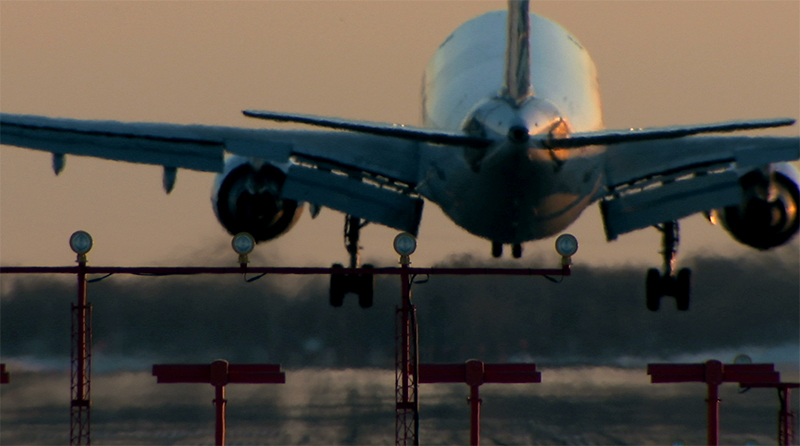Topic Page: Covid-19 and Immigration

Lots of foreign workers, both legal and illegal, are losing their jobs, and thus their reason for being in this country. At least some could be tempted to return to their homelands — often places where the virus is less threatening than here.
Meanwhile, the airlines are being forced to fly empty and nearly empty planes in order to secure some $25 billion in subsidies.
Why not put those two elements together to create a "Going Home Program" or GHP.
We obviously have about 22 million more workers than jobs. Why not use those otherwise wasted airline seats to reduce the number of foreign workers, and thus move toward a better balance between workers and jobs?
The offer would be open to all alien workers, temporarily legal or illegal; to qualify they would have to meet these requirements:
- Prove that they either now have a job in the United States or did in the last six months;
- Agree to an iron-clad agreement that they would make no effort to return to the United States in the next three years;
- Agree, in advance, to plead guilty to a violation of the immigration law if they were found in the United States during those three years, and agree that this will lead to time in prison; and
- Agree that their photos, fingerprints, and other ID, would be filed with the "no fly" systems. No permanent resident aliens would be eligible for the program.
The offer of free air travel back to their country — not necessarily to their home area in that country — would also carry these benefits:
- Free travel with them for foreign-born members of their families, provided they sign the same agreements, and free travel to any citizen children; and
- $1,200 payments for each adult and $500 for each child returning home; with these checks payable only in the country of origin, and only given to the aliens as they leave the plane in their home countries.
This could be written into the pending disaster relief bills now in Congress; it is too late to link it directly to the $25 billion bailout of the airlines in earlier legislation.
